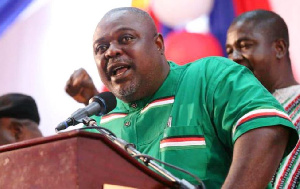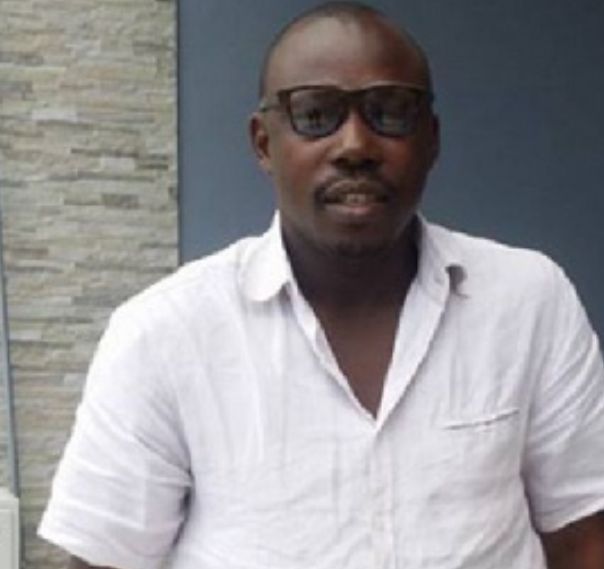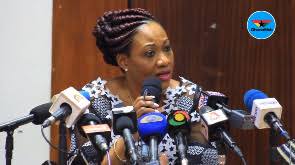Watch as Afenyo-Markin eats from the same bowl with his constituents

The footage, shared on X with the caption, “The humble, approachable, and down-to-earth Minority Leader, Hon Afenyo-Markin, eats waakye with his constituents like an ordinary Ghanaian,” captures the MP seated while others stood around him.
Dressed in a red and black striped smock paired with black trousers, he is seen enjoying his meal alongside his constituents, all eating from the same bowl.
Although the exact date and location of the gathering remain unclear, the video has sparked conversations online, with many praising the MP for his simplicity and connection with the people.
His gesture has been interpreted by some as a demonstration of leadership that values direct engagement with constituents, reinforcing his image as an accessible and relatable political figure.
Watch the video below:
Source: www.ghanaweb.com





